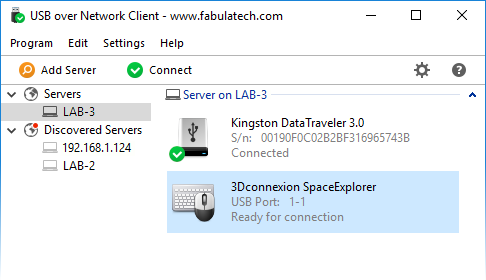
- #Usb hub generic drivers for ubuntu how to#
- #Usb hub generic drivers for ubuntu install#
- #Usb hub generic drivers for ubuntu serial#
- #Usb hub generic drivers for ubuntu driver#
If the CONFIG_USB_SERIAL_CP210X says “=m” or “=y”, then this was already done, and any additional kernel module file may just confuse or overwrite the correct module.
#Usb hub generic drivers for ubuntu driver#
There is no need to build the driver with outside source code, the original kernel source should have this.

The kernel has the code for this driver natively available to it. For any case where the driver is already present (such as seeing it as “m” or “y” in CONFIG_USB_SERIAL_CP210X) there is no need for you to specifically activate this (the hot plug layer does this). This too would be noted in the “dmesg -follow” during plug in. The driver itself only works if USB tells the driver there is a device it might be interested in, and then the driver takes ownership. What do you see as you plug in the USB end? For a different chipset, you may also see an alternative name when udev renames the device.
#Usb hub generic drivers for ubuntu serial#
So for example, if you monitor “dmesg -follow” on the host PC, and then plug in the serial UART, you may see a note about “/dev/ttyUSB0” (if it is the first such device). The end of the communications, where the USB is plugged in, will name any device as the device connects. However, the udev naming system may detect certain manufacturer’s devices or chipsets, and choose to rename the UART. Some description of how drivers work for this may help.Ī driver for a regular serial UART over USB bridge would normally create a file name of the format “/dev/ttyUSB#”, where number is anything from 0 and up. The above yielded me CONFIG_USB_SERIAL_CP210X=mīut, i am not able to find the ttyUSB0 or any driver for the cp210x under usb-devices cmd.
#Usb hub generic drivers for ubuntu how to#
can you explain how to load the cp210x driver. What do you see from: find /lib/modules/$(uname -r) -name '*cp210*' A module from 4.4.38-tegra is very likely to fail when used with 4.9.140-tegra. A module from a different “uname -r” may or may not work (depending on several issues), and it is always recommended that if you build a new kernel which has a new “uname -r” that you rebuild all modules from scratch. If a different kernel is loaded, then the modules must also be installed for the new kernel.
:max_bytes(150000):strip_icc()/usbinwindowshardwarelist-cbee81359c534643843e4c9564302fb0.jpg)
Modules are searched for at “/lib/modules/$(uname -r)/”. If this is “=m”, then your thought that the kernel version may be the issue is probably correct. The “=m” could still fail if the module is not being loaded. If this says “=y” or “=m”, then you have support for that particular UART. What do you see from: zcat /proc/config.gz | grep CP210 If this works you know the port is working at those settings. If you wire TX to its own RX (and optionally CTS to its own RTS), then you have loopback. Let’s say your system has ttyUSB0, and you use gtkterm as above to talk to ttyUSB0. The result would be the serial terminal seeing echo of what you type if it works, or nothing if it fails.

If you wish to test a port you can use loopback to have the port talk to itself. Note that if two ports are using different settings, then you will either get no output or output will be corrupt.
#Usb hub generic drivers for ubuntu install#
I’ll recommend testing first with gtkterm since it is purely a serial console: sudo apt-get install gtkterm If modem init strings are being sent there is no telling what the result would be. “Not connected” could be referring to a telephone PPP or SLIP connection and not to the UART. Those modems were not only serial UARTs, they also had “AT” command sets…short commands which configured the modem itself and not just the UART. Realize that minicom came from a day when people used telephone modems most of the time.


 0 kommentar(er)
0 kommentar(er)
